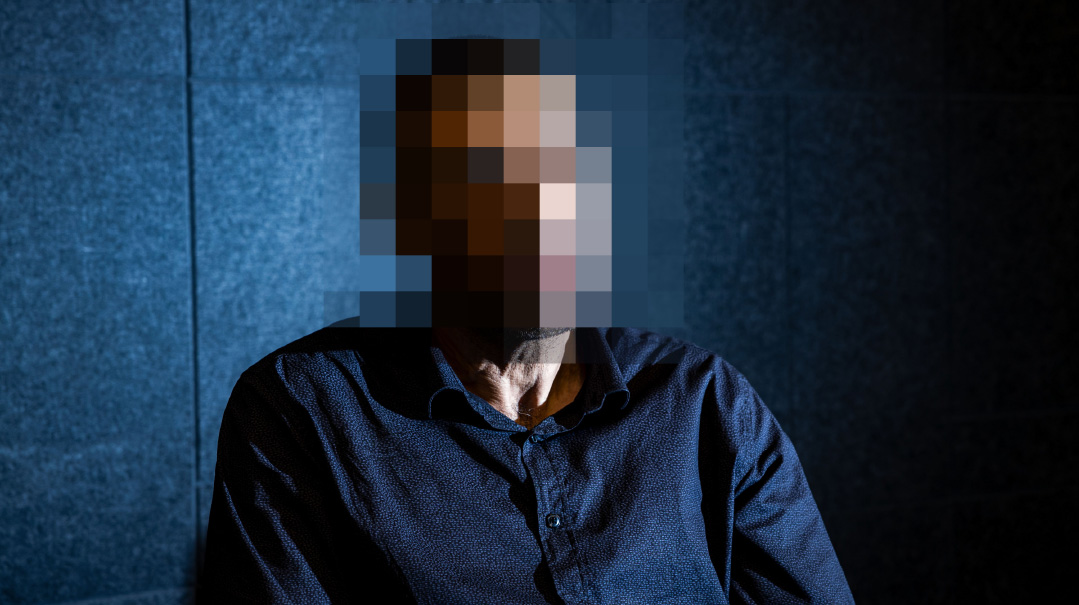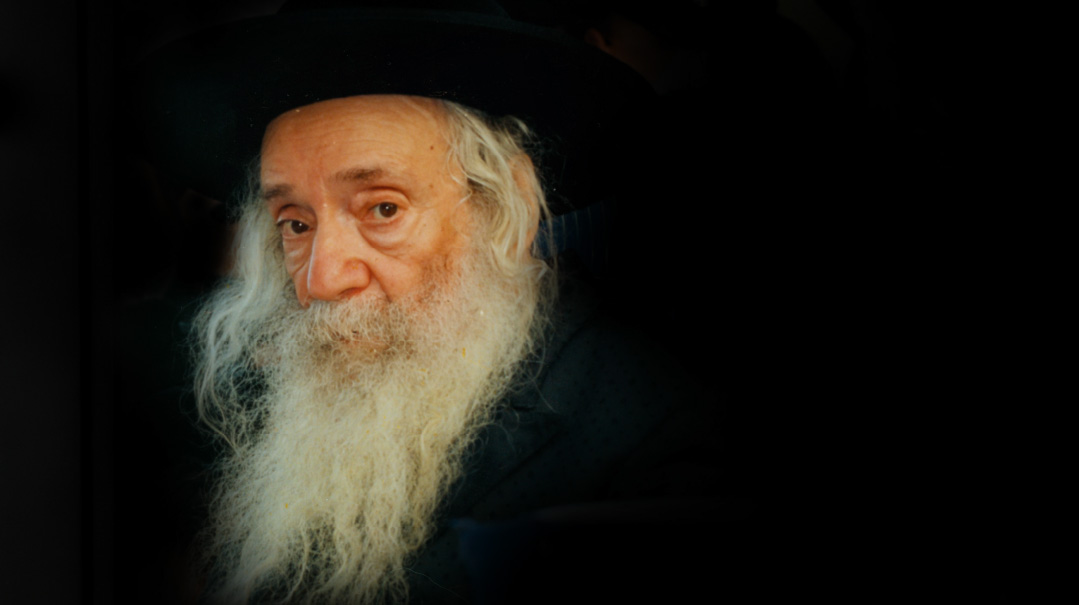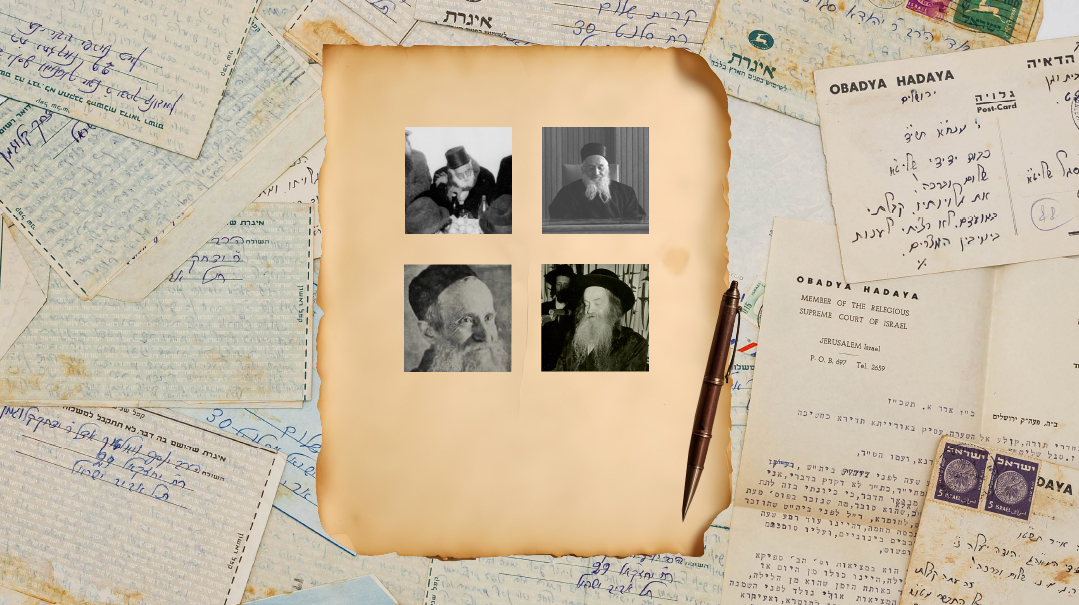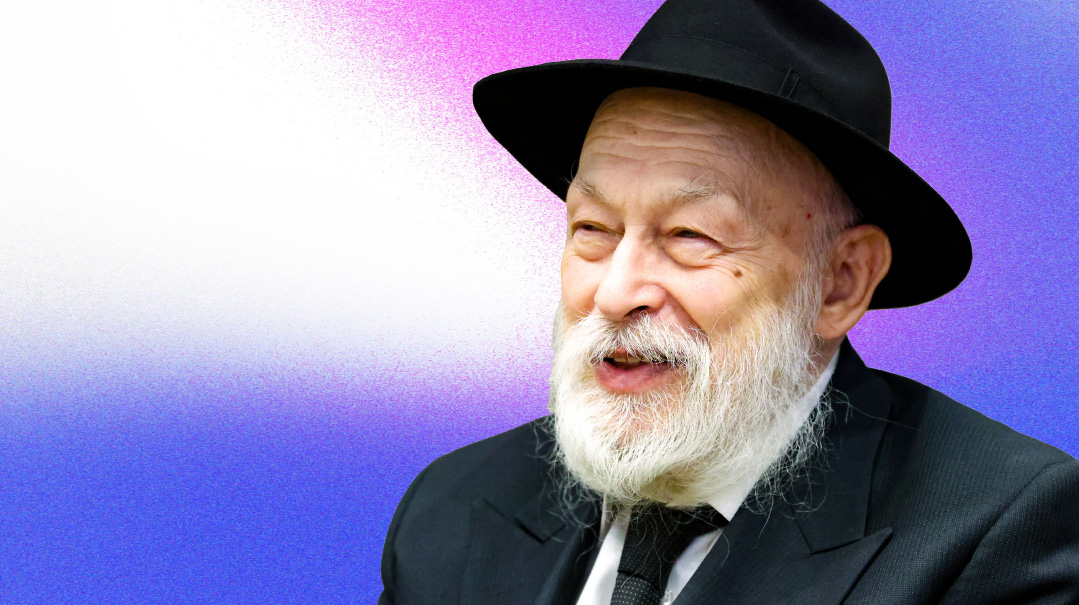Full Hands



Photos: Ezra Trabilsi
It’s a busy afternoon on Rabi Akiva Street in Bnei Brak, when I spot her on the stone step near the Hatzvi Bakery. I sit down next to her, hoping to engage her in conversation, when she gets up and says, “Do me a favor, I’m going into the bakery to ask them to change my coins into bills. Please watch my things.” Before I can blink, I find myself sitting amid her bundles, some dirty plastic containers, and a shopping cart with a bottle of cola and some cling-wrapped day-old sandwiches inside. People walk by, most of them ignoring me — until someone puts a coin in one of the containers. Do they really think I’m a beggar? Mortified, I’m about to jump up, when it hits me: This is what the consumer nucleus of Bnei Brak looks like from the other side, from the place where you need to draw on the compassion of others in their shopping frenzy, from the place where you have nothing of your own except for a few stale sandwiches, from the place where a human heart beats behind an outstretched palm.
I’m Not Ashamed
Name: “Call me ‘Toothless Orit’”
Location: Rabi Akiva, corner of Rav Kook, Bnei Brak
Daily Intake: NIS 100 ($27) over six hours
Toothless Orit busts several myths about street beggars: that they are depressed and morose, and that they were born with their hand stretched out. “Do you know how many jobs I had before I started this? You wouldn’t believe it. For nearly 20 years I worked at an old age home. Then I cared for an elderly woman in her house, and after she passed away, I began to work as a cleaning lady for her daughter. I worked in lots of houses in Bnei Brak, even though I live in Petach Tikvah, since the money was pretty good.
“But that’s it, today I’m already 70 and I don’t have koach. So I sit here every day for about six hours, but the money isn’t really enough because I still have two single sons at home — they’re unemployed — and I have to cook for them and pay rent. Sometimes I go through the shuk on my way home and collect leftover vegetables. I’m not complaining, but sometimes comments are hurtful. Once someone passed by and began to scream at me: ‘You have two hands and two feet, why don’t you go work?’ Another time, a teacher in one of the schools passed by. She knew me because I’d worked in her house. When she saw me sitting and collecting money, she began to cry. ‘How did you get to this? How?’
“At first I was embarrassed, but now I’m fine. I don’t think I have what to be ashamed about. I don’t harass anyone. I just sit quietly and gratefully take whatever they give me — some give me ten agurot. But once someone came out of the bakery and gave me half a boureka — he’d eaten the other half. That was humiliating. But look, you have a good life, right? So put some salt in your pocket against ayin hara, and be happy with what you have.”
(Excerpted from Mishpacha, Issue 752)
Oops! We could not locate your form.













